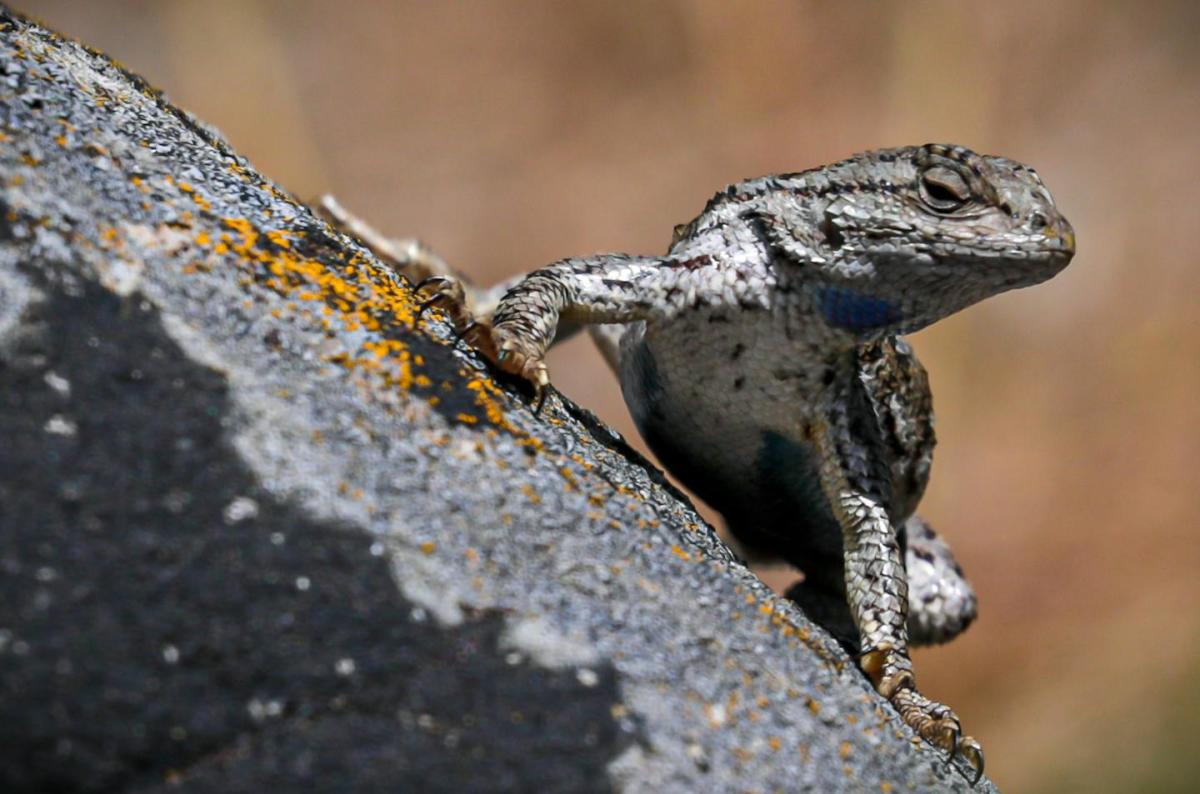The global climate is rapidly changing, putting the survival of plants and animals at risk. As temperatures rise and habitats change, some species have shown the ability to adapt through evolutionary changes in behavior and physiology. For example, dark-colored dragonflies are lightening their colors to reduce heat absorption, while mustard plants are blooming earlier to take advantage of melting snow.
Evolutionary adaptation refers to genetic changes that improve a species’ ability to survive in its environment. While some species have been able to adapt, many are struggling to keep pace with the rapid changes caused by climate change. Research shows that the rate of evolutionary adaptation is not keeping up with the rate of global warming, making nearly 70% of local populations vulnerable to climate-driven extinction.
Slow-maturing animals are particularly challenged by climate change, as genetic advantages possessed by parents may no longer be beneficial for their offspring due to shifting climate conditions. Additionally, rapid adaptation to climate change often results in smaller population sizes, increasing the risk of extinction due to factors such as inbreeding and new mutations.
Acclimation, a process in which species adjust their behavior or physiology in response to changing temperatures, and migration to cooler habitats are other strategies used by plants and animals to mitigate the impacts of global warming. However, these strategies may not be enough to keep pace with the rate of climate change.
Ultimately, the evidence suggests that urgent action is needed to protect plant and animal species from the threat of climate change. It is essential for humans to address the root causes of climate change in order to safeguard the survival of various species on our planet.


